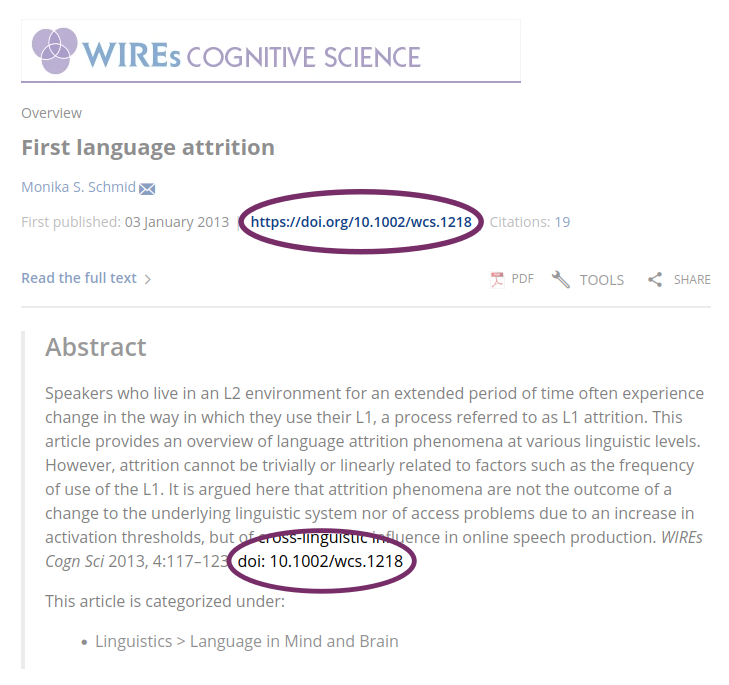Boost Your Visibility

Maximize the visibility of your research to gain recognition and foster collaboration with our essential tips on leveraging key tools and identifiers to ensure your work reaches a wider audience. Learn how to effectively use these to enhance your research profile, track your publications, make your contributions more discoverable, and elevate your overall research impact strategy.
Pure
Most of the analyses we conduct are requested by individual researchers, groups or departments at the University of Groningen. A starting point and data source for the publications of these individuals or groups is Pure, UG's research information system (CRIS). Pure keeps a record of all research output of individuals affiliated with the university. Therefore, it is crucial that Pure is up-to-date and containing a comprehensive record of your research output. To learn more about Pure and how to update your profile or seek support from the Pure support team, please visit their webpages.
Correct Affiliation
The Pure system uses an automated process to pull publications from large scholarly databases such as Scopus and Web of Science. To correctly identify your publications, it is of utmost importance that you follow the University of Groningen guidelines on how to spell out your affiliation on your publications.
ORCID

ORCID (Open Researcher and Contributor ID) is the most common unique digital identifier that helps funders, publishers, research administration and scholarly database providers to correctly and uniquely associate research output with a particular researcher. We strongly advise everyone from the research staff at the university to sign up for an ORCID if you don't already have one, and to link it to their Pure profile.
DOI
A Digital Object Identifier, or DOI, is a unique, persistent handle that details how to access an object. Every published article has a DOI.

Although the online link to an article might change in case of a platform update or other reason, the DOI remains and simply updates the linked object's access details. This ensures that important information does not get lost over time. For this reason, you should also register a DOI for your grey literature such as your datasets.
ISBN
Are you publishing a book? You might find it helpful to apply for an International Standard Book Number (ISBN). This 13-digit number is a unique identifier that makes it easier to retrieve a book form catalogues and bibliographic databases. If you're citing a book as a reference in one of your papers, it might also be useful to indicates its ISBN so that other researchers in your field can find that reference easily.
| Last modified: | 24 October 2024 3.16 p.m. |

